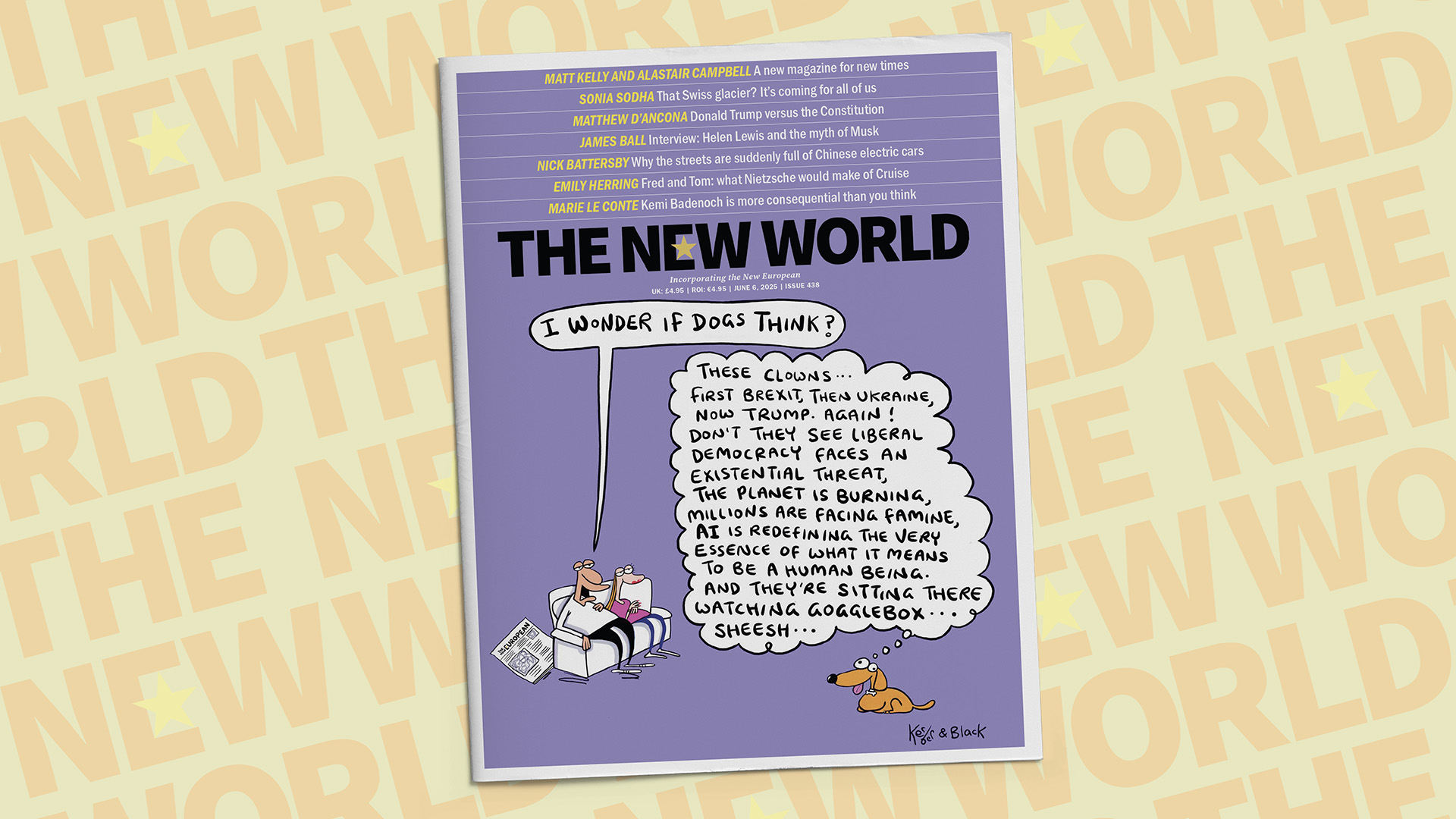“I think it is fair to say,” said my host in Jersey, Mike Byrne of Pricewaterhouse-Coopers (PwC), “that the Channel Islands have tended to align more with the Conservatives than Labour down the years.”
The Tories have definitely benefited historically from the notion that they have been better stewards of the economy than Labour. Black Wednesday 1992, Austerity 2010, Brexit 2016 and Trussonomics 2022 ought to have advanced that notion to the status of myth; the fact that currently next to nobody is listening to the Tories on the economy suggests that journey may be well under way.
This particular mythology was formed in large part by the seeming success of Margaret Thatcher, a rare three-term election winner and a genuine transformer of our country. Her hold on the Conservative Party remains strong: low tax, anti-regulation, obsession with privatisation… these are as powerful in the Tory mindset as ever, even if Tory governments have often taken policy in an opposite direction.
So it was fascinating to learn, on a short trip to the Channel Islands, that while they may be in what is called a favourable tax regime (don’t call it a tax haven if you want to make friends) their key utilities are in public ownership, and they seem a lot more satisfied with their services than we are with our privatised water, gas, electricity, telecoms and transport systems. Jersey Post and Jersey Telecom are 100% government-owned, Jersey Water 74%, Jersey Electricity 62%.
The next day I was off to Guernsey, and it’s a similar story there, with electricity and water, post and ports wholly owned by the States of Guernsey. My flight home to London the following morning was with Aurigny, the government-owned airline.
While I was there, my hosts were keen to ensure I saw the Financial Times story about the continuing saga and potential catastrophe of Thames Water, as the ownership deal we all thought was coming suddenly fell apart. “Our system works better than yours” was the Channel Islanders’ message.
Thatcher doubtless still has her fans in the financial services companies that account for around 40% of the Channel Islands economy. But while there are no doubt grumbles about the occasional late letter or cancelled plane, there appears to be literally zero desire to privatise the services on which locals and incomers alike depend.
It was also interesting to learn that the fine-looking block across from PwC’s HQ was social housing built not for the government, but by the government. Housing, here as everywhere, remains a persistent challenge, and one of the reasons young people tend to leave.
But a government actually building the houses for people to live in, rather than relying on deals with the private sector to tag on some social or affordable housing… that too suggests that in some respects the Channel Islands are a lot more socialist than we might think, or they might want us to!

Within hours of landing in Guernsey, I was being asked by local press and TV to give my expert opinion on the island-wide elections there next week; this despite my knowing next to nothing about the system or the candidates.
Thankfully a copy of the Guernsey Press was lying in the hotel lobby so I had a quick look before meeting the media. Thank heavens I did – I’ve never known a system like it. There are 82 candidates, and each voter can vote for 38 of them. Once the votes are all counted, the top 38 become deputies, who then elect a chief minister and a small policy and resources committee.
It also means that if you have a problem, you can raise it with any of the deputies, regardless of where you live. The system may seem weird to British eyes; but the engagement felt real.
Indeed, over two days the Guernsey Press published full-page profiles of every candidate, complete with manifesto and Q&A. And one of its journalists – a former deputy himself – is currently trying to interview all 82 candidates for an election podcast special! That feels like proper local journalism to me.
You think he can sink no lower, then… “They gave Putin a reason to go and bomb the hell out of them,” said Donald Trump on one of his regular “talking to reporters” sessions on Air Force One. (When is he not talking to reporters, you might wonder?)
“They” are the Ukrainians. The “reason” was their incredible operation to smuggle drones deep into Russia inside Russian lorries and take out almost a third of the bombers targeting Ukraine night after night. Had it been a Russian operation against Ukraine, Trump would have marvelled at the genius of their special forces, the cunning of Vladimir Putin, and told Volodymyr Zelensky he had “no cards to play”.
But even on the back of one of the most remarkable operations of the entire war, he cannot bring himself to say that Russia started it, or that he will increase pressure on Putin if he doesn’t stop it. Instead, he excuses and justifies the Russians at every turn. Whatever they have on him, it has to be more than a pee pee tape with prostitutes.
You wait 130 years for a rugby league knighthood, you’re supporting the campaign to end this historic class-based injustice, and then it happens… in between the time between me writing this week’s column, and it appearing in print! Hence this update for the online version.
Arise Sir Billy Boston, Wigan legend. Such a shame that it took till he was 90, and suffering from dementia, for his great day out at the Palace.
Better late than never, but let’s make sure it is not the last. When David Beckham gets his K, he wiIl by my reckoning be the 17th footballing knight; rugby union, meanwhile, has ten former players and coaches who ended up with a K (that’s K for Knight of a British Empire that we don’t actually have any more;) so you can see why rugby league feels a bit put out.
I was at the Rugby League Cup Final at Wembley on Saturday, to see Hull Kingston Rovers win a real classic, a late converted try giving them an 8-6 win over Warrington Wolves. It is a fantastic sport, full of big characters, really tough, demanding incredible fitness levels, with a fan base that is passionate but peaceful, and clubs which are absolutely rooted in their communities.
Rugby league was born out of a class system, in which rugby union’s leaders wanted their sport to stay amateur, and resented the “working man” being drawn to a sport designed by and for private schools. “It must be candidly stated,” said the RFU’s president of 1888/9,” Arthur Budd, “that the troubles of the Union commenced with the advent of the working man.”
Or this, from another RFU president, Harry Garnett: “If working men desired to play rugby football, they should pay for it themselves, as they would have to do with any other pastime.” It was their adamant refusal to allow players to be paid that led to the creation of a different form of rugby, rugby league, and the class divide has never fully gone.
The amateurism of rugby union is long behind us, their top players earning a lot more than their league equivalents. The snobbery towards the “professional, Northern” version of the game, however, very much remains, and the lack of a single RL K, for the first 130 years since it was invented, is just one more sign of it.
Oh, and the reason Welsh-born Sir Billy turned to league from union is that he is black, and was at the time not welcome in the “superior” (sic) form of the game.




